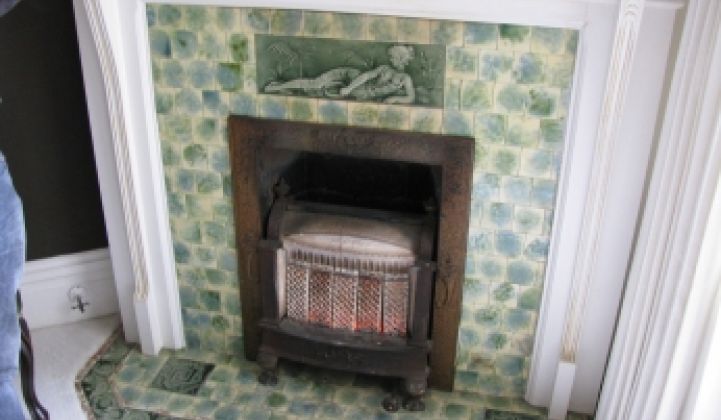Energy efficiency companies have talked about how you can save money by installing insulation and modern appliances. In San Francisco, one homeowner may make money.
Mike Odynski, a home improvement consultant, will soon kick off a home retrofit that Recurve, the company performing the work, says will reduce his annual energy bill by $3,600. The retrofit will be paid for through a property assessed clean energy (PACE) financing program in San Francisco. Under PACE, the cost of a retrofit is paid for over time as a supplement to the owner's property tax bill.
The total retrofit will cost $28,000, which works out to $2,605 in annual PACE payments. Thus, Odynski should net a profit of $995 (as $3,600-$2,605=$995).
Put another way, he will have a new heater, new ducts and foam insulation in his ceiling that will all add to the equity of his home and additionally lower his total out-of-pocket expenses from day one. Not bad. San Francisco's PACE program was created with help from Renewable Funding, the company run by PACE co-creator Cisco DeVries.
Granted, Odynski's is not a normal situation. He lives in a giant restored Victorian in San Francisco. His utility bills averages $700 a month -- $600 for electricity and $100 for gas. In February, the bill came to $1,136. It's high in part because the house is heated by an electric heater. That will be replaced by an efficient gas heater. Victorians also didn't believe in a lot of insulation, so right now he heats the outdoors quite a bit. (That thing in the picture, by the way, is not home's main heater. It is a gas-burning fireplace insert. It replaced a coal one probably sometime around 1917.)
We will try to follow up on this project in the future. Data will be key to the growth of the retrofit industry and Recurve (formerly Sustainable Spaces) aggressively wants to compile information the economics. The data will be used to bolster its argument, and the arguments of organizations like Home Star, that Congress and the various states should increase the incentives for retrofits. Second, the data will help Recurve fine-tune the software it is creating to help contractors conduct energy efficiency retrofits. Although it conducts retrofits now, Recurve is really a software company in disguise -- several of its employees hail from Google.
Retrofitting, adds Recurve co-founder Matt Golden, also means jobs. Unemployment in construction rose from 18.7 percent in October 2009 to 24.7 percent in recent months. Insulation companies are running at 40 percent capacity. And building materials like insulation generally are not imported -- most of the building supplies consumed in the U.S. come from U.S. factories.
One day, retrofitting companies may also be able to sell retrofits for carbon credits or as "negawatts" under demand response programs, which in turn could line the pockets of homeowners.
Recurve, by the way, has seen higher bills. One client had a $6,500 monthly bill. It had something to do with the water slide in the backyard.



